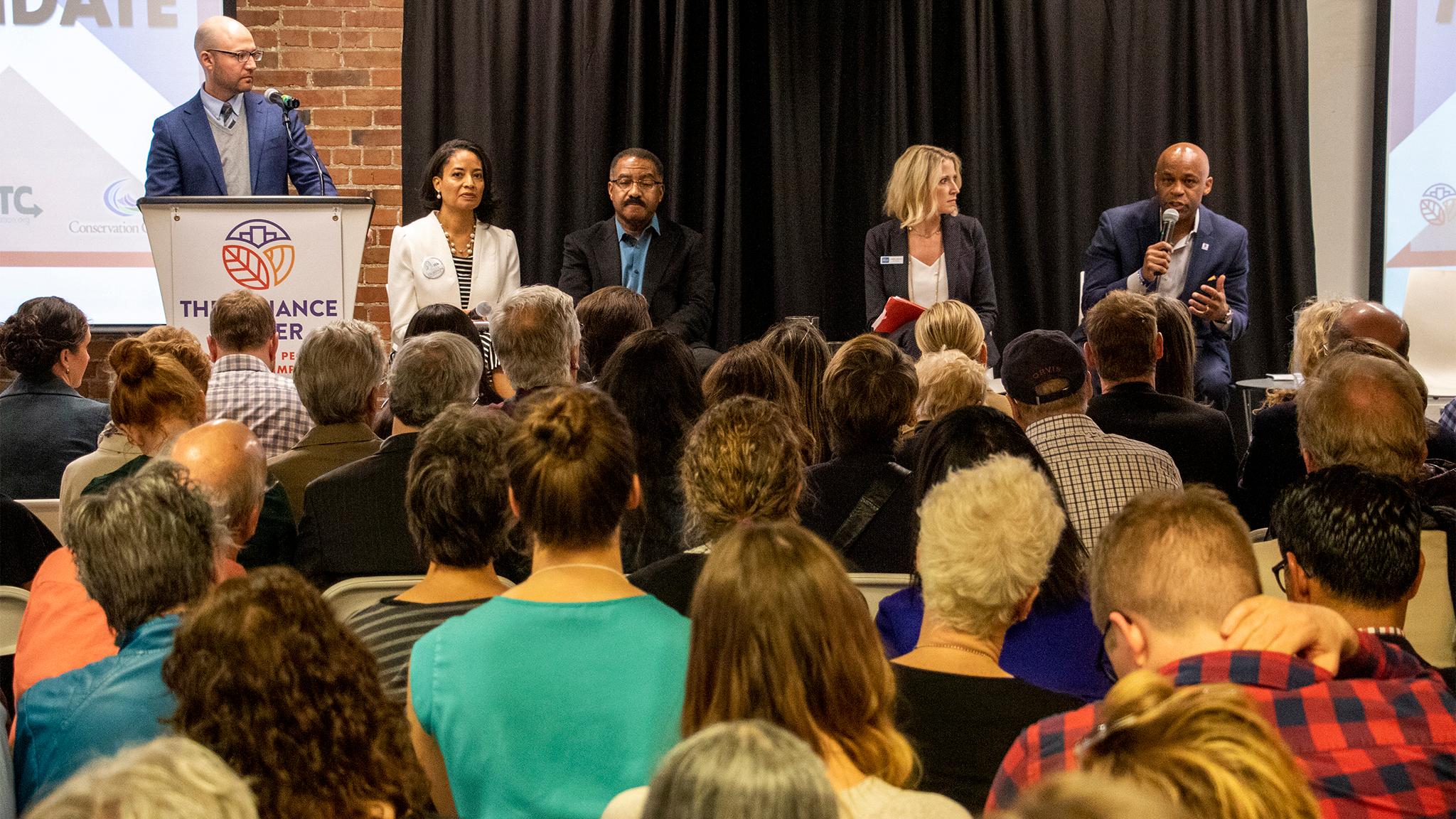In a departure from rhetoric and commitments that have typically focused on growth and development, Denver's candidates for mayor homed in on climate change and sustainability during a debate at the Alliance Center on Thursday.
Not that climate change isn't related to growth -- they're intertwined. Still, Thursday's debate centered on pollution, energy, water and the economy more often than city planning and density.
With varying degrees of specificity, Lisa Calderón, Penfield Tate, Jamie Giellis and Mayor Michael Hancock said they would take steps to reduce pollution and put Denver on track to a sustainable future. (Candidate Kalyn Rose Heffernan was invited to debate but sat outside in protest of the $15 fee for the public to attend, saying it discriminated against poor people.)
Here's what they said they would do if elected (talking smack included).
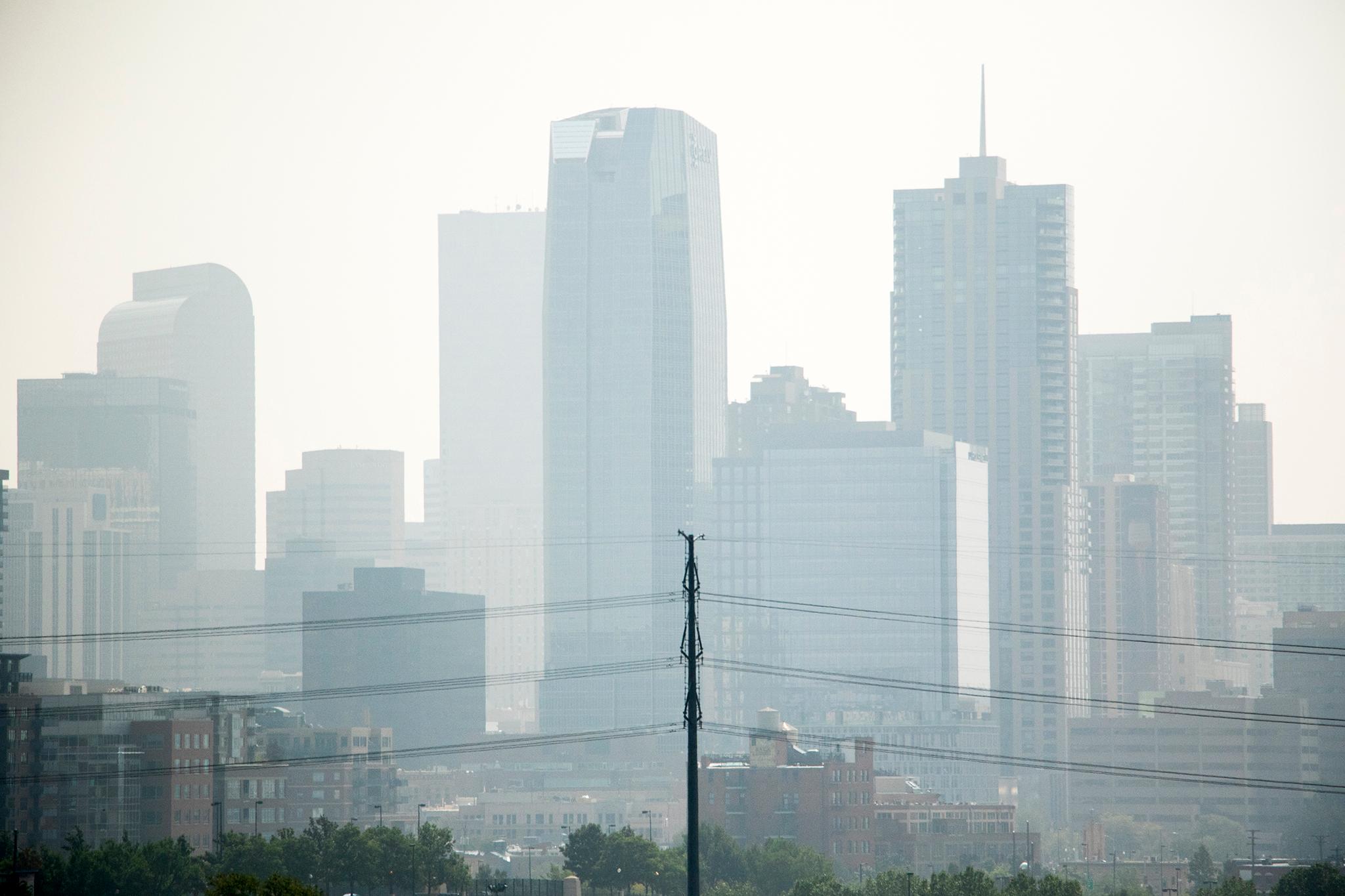
On decelerating climate change
Calderón
- Would not accept money from the oil and gas industry to avoid owing any favors (this was a dig at Hancock's election war chest)
- Would prioritize sustainability across all city agencies
Tate
- Would get people out of single occupancy vehicles by accelerating investments in walking, biking and transit
- Install citywide tax credits or other incentives for non-combustion (electric or hydrogen) vehicles and be "aggressive" about putting more charging stations around the city
- Work with the state to accelerate the normalcy of electric vehicles
Giellis
- Create a localized transit system with a localized authority that includes streetcars, while prioritizing pedestrians and people on bikes
- Incentivize building owners to convert to solar and geothermal energy, or change the building code standards to get those results
Hancock
- Continue the city's Energize Denver program, which monitors and incentivizes building owners to increase efficiency
- Expand the city's electric vehicle fleet and charging stations, a movemnt "well on the way to meeting the goal of having 200 vehicles"
- Incentivize solar gardens with a sales tax rebate
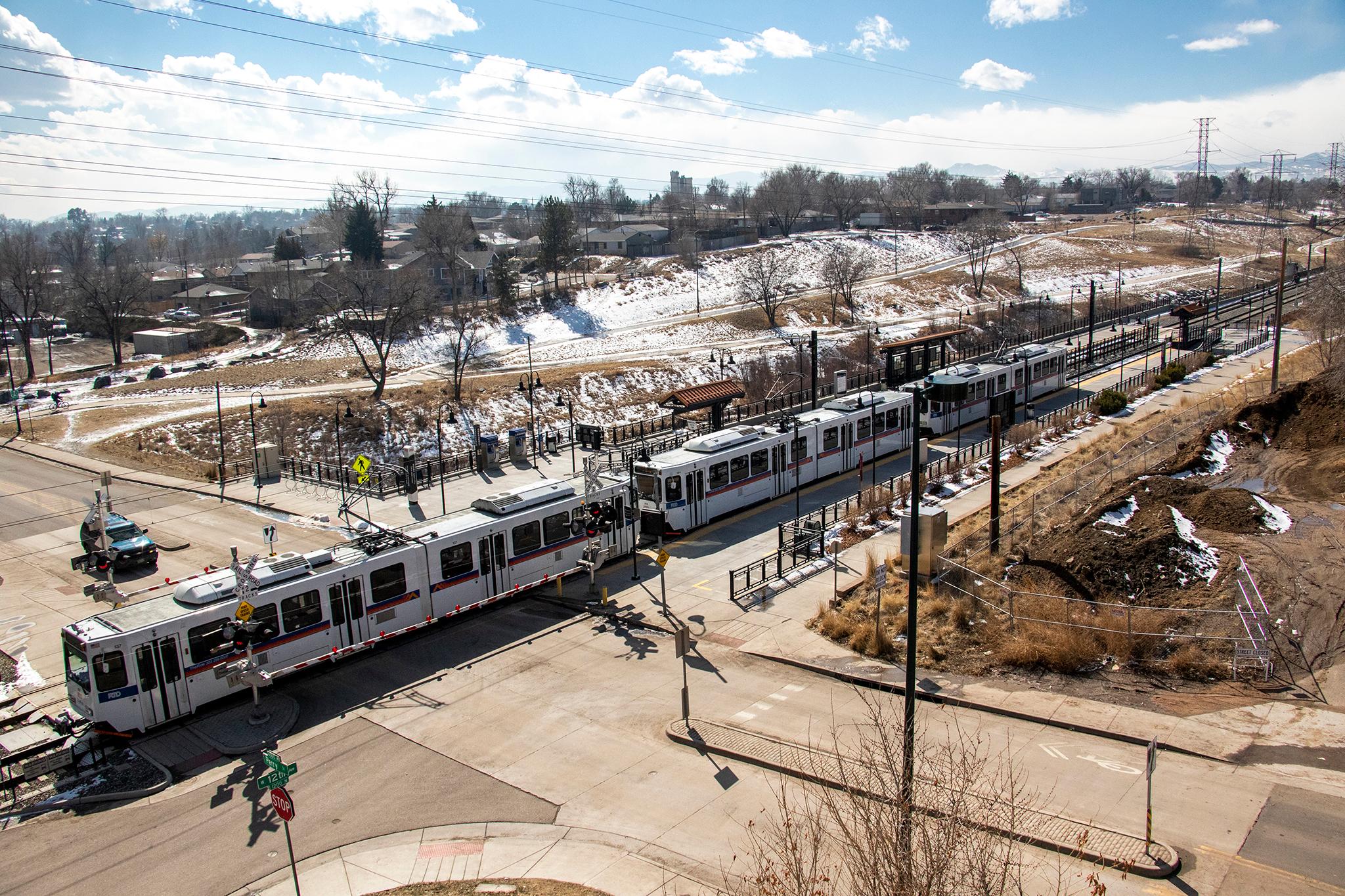
On reducing pollution via transportation reform
Tate
- Creating a department of transportation to elevate transport to cabinet-level concern (Hancock is already doing this)
- Work with "organizations who are already working in this field" to expand the use of bike lanes
- Create a shuttle system "for very short trips"
- Incentivize carpools
Giellis
- Consider a new streetcar network in Denver
- Create a transit authority for intra-city transit
- Complete the bike and pedestrian network "because we don't have time to wait. We have to complete the network now and add as we go."
Hancock
- Has already started the creation of a transportation department, and will ask voters to approve the new cabinet in November
- Expedite the existing five-year plan to build 125 miles of bike lanes
- Complete the sidewalk network
- Working on the bus rapid transit project "along major corridors," starting with Colfax
Calderón
- "We are forgetting about those other neighborhoods, the outlying areas, that don't have the same level of accessibility and yet have higher rates of deaths because our streets are unsafe."
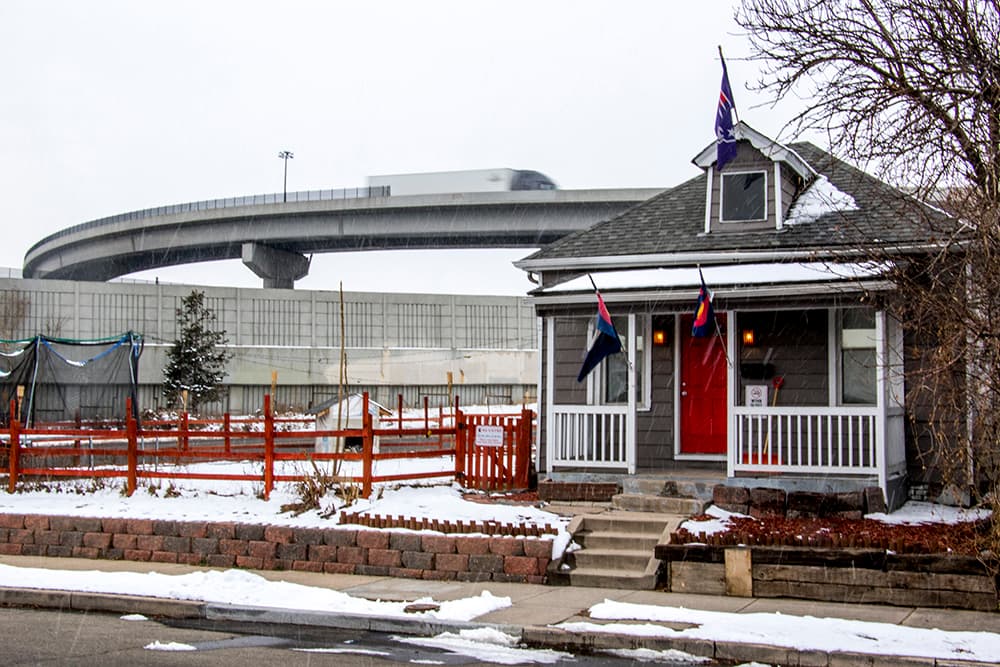
On Globeville, Elyria and Swansea, one of the country's most polluted ZIP codes
Hancock
- Claimed that the Purina pet food plant no longer smells because his administration required more stringent filtration systems
- Blamed pollution on government actions from the 1950s
Calderón
- "This might be news to Mayor Hancock, but you can still smell the Purina plant ... You can also smell Suncor (petroleum refinery)."
- As co-chair of the Colorado Latino Forum, she sued the Colorado Department of Transportation over the I-70 expansion and got $600,000 for tree planting and air quality monitoring.
Tate
- "The first act of environmental racism and environmental injustice was the installation of I-70 through Globeville, Swansea and Elyria. Now as insult to injury, we're digging a ditch in the same communities and expanding a highway that never should've been there."
- Opposed the alignment as a state senator
- Says more investments need to happen in poor neighborhoods
Giellis
- Attempt to stop the I-70 project
- Monitor the EPA's attempt to decommission much of north Denver as a Superfund site
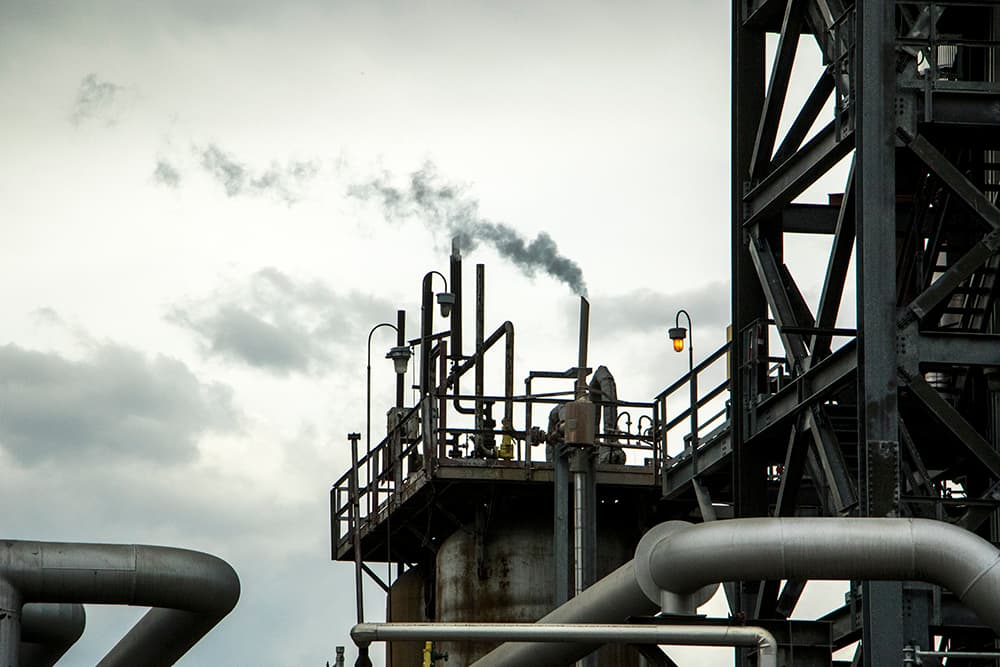
On moving away from fossil fuels and toward 100 percent clean energy by 2030
Calderón
- Supports Senate Bill 181, which would increase regulations on the oil and gas industry
- Supports the Green New Deal and would look at adopting it in Denver
- Fast-track "eco-districts," or compact areas with green infrastructure and transportation
Tate
- Supports the Green New Deal
- Supports the BlueGreen initiative, which unites labor unions to help transition workers into the green energy economy
- Incentivize solar panels on properties
Giellis
- Wants to expand "ultra-urban green standards," meaning street infrastructure that cleans stormwater before it runs off, on a citywide level. She pushed for Brighton Boulevard to become the first example.
- Policies that "push the private sector" to do similar things
Hancock
- Denver is already on its way, he said, by signing an agreement with Xcel to accelerate the implementation of renewable energy sources into every Denver neighborhood
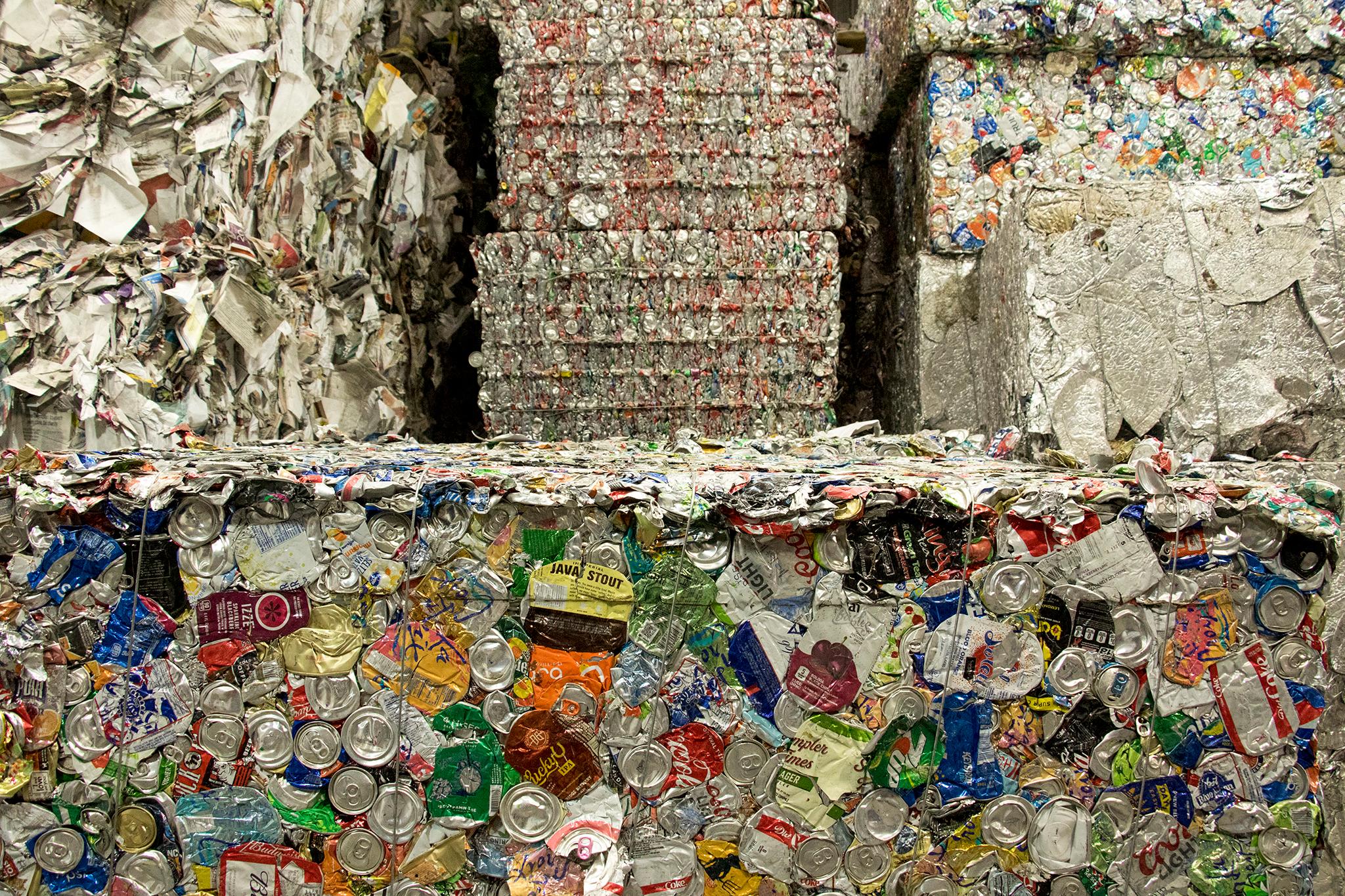
On recycling and composting
Hancock
- Committed to start the "pay as you throw" program within a year, which would charge people for trash pickup and make composting free to incentivize less waste
- Supports helping people who can't pay the "nominal fee"
Calderón
- Would gear composting and recycling to people who live in apartment buildings, instead of just single-family homes
Tate
- Agreed that composting and recycling should be free, and property owners should pay for trash pickup
Giellis
- Agreed with the "pay as you throw" idea, but would incentivize apartment building owners and companies to participate

On divesting Denver from companies engaged in fossil fuel production and sales
Calderón
- Would divest all of Denver's assets and would never accept campaign contributions from the oil and gas industry (again a dig at Hancock's fundraising)
Hancock
- Said the city has less than 1 percent of its $5 billion investment portfolio tied up with fossil fuel money, adding that the process of divestment has already begun
Tate
- Compared investing in oil and gas to banks investing in South Africa's apartheid in the '70s and '80s, and said he would move the money out of fossil fuels
Giellis
- Said she would divest all of Denver's oil and gas money

On Denver's water supply
Giellis
- Believes Denver is growing in a way that is not supported by current infrastructure, including water
- Would require building plans to account for water usage and impacts on utilities before being allowed by the city
Hancock
- Said the city is at 1970s water usage levels despite its growth, but the city needs to become "smarter"
- Supports increased density, not sprawl, to conserve water
- Expand the use of recycled water
Calderón
- Says Denver has "turned a blind eye to abuses by corporations," including Suncor Energy
- Enforce compliance more rigorously
Tate
- Spent 12 years on the board of Denver Water
- Took some credit for Denver's reduction in water use because of Denver Water's educational efforts asking people to reduce their consumption

